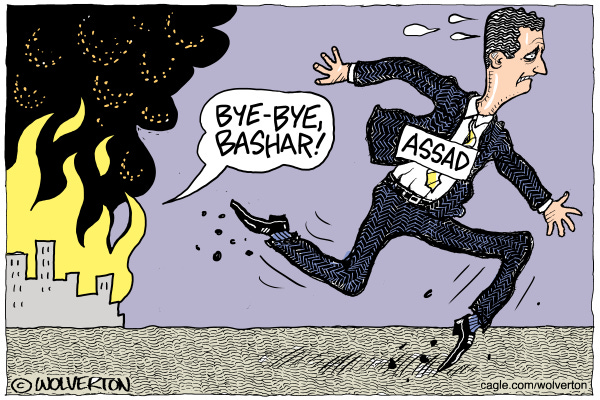The Assad regime has fallen. After 50 long years of family rule, Syria can breathe once more. Met with a mixture of celebration, fireworks, and determined efforts to rebuild there is hope and a recognition of the challenges to come to rebuild a broken country. Syria enduring not only 13 years of devastating civil war but generations of oppression breaki…
Keep reading with a 7-day free trial
Subscribe to Theory Matters to keep reading this post and get 7 days of free access to the full post archives.


